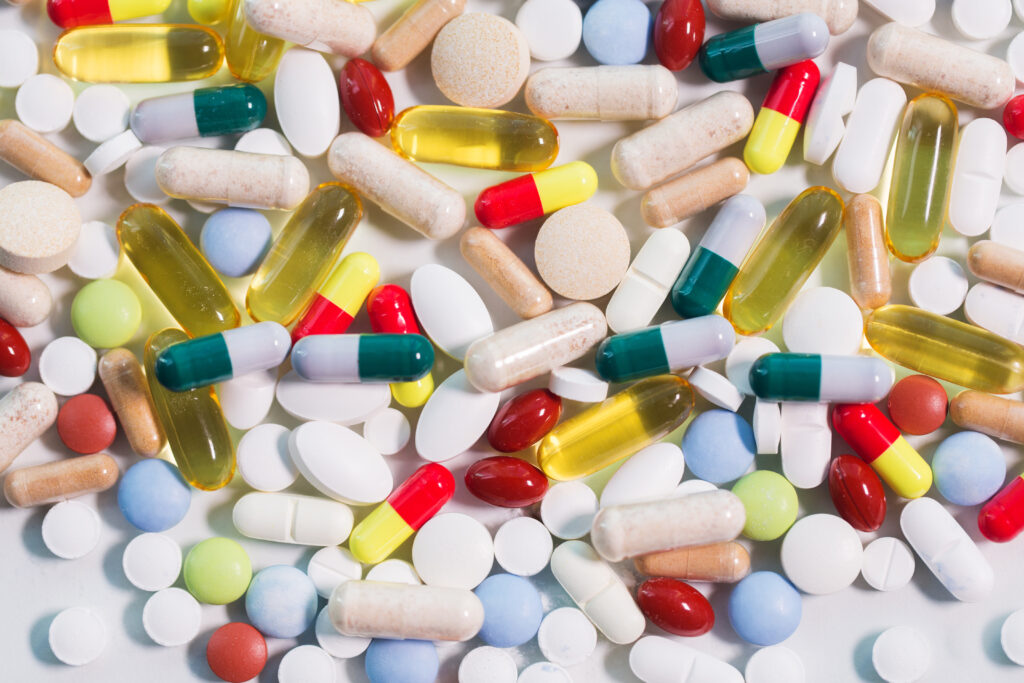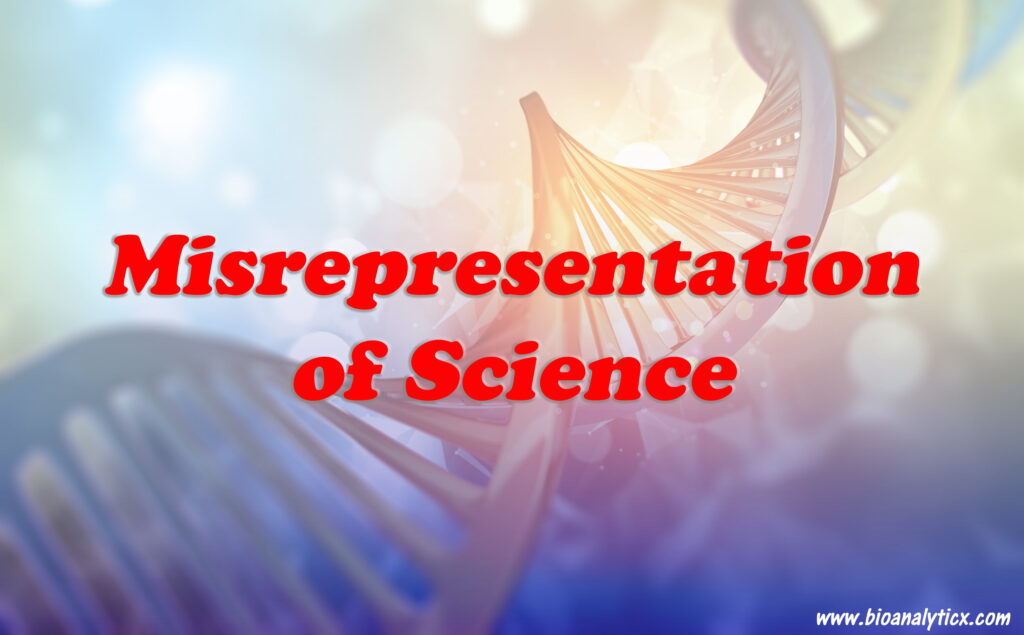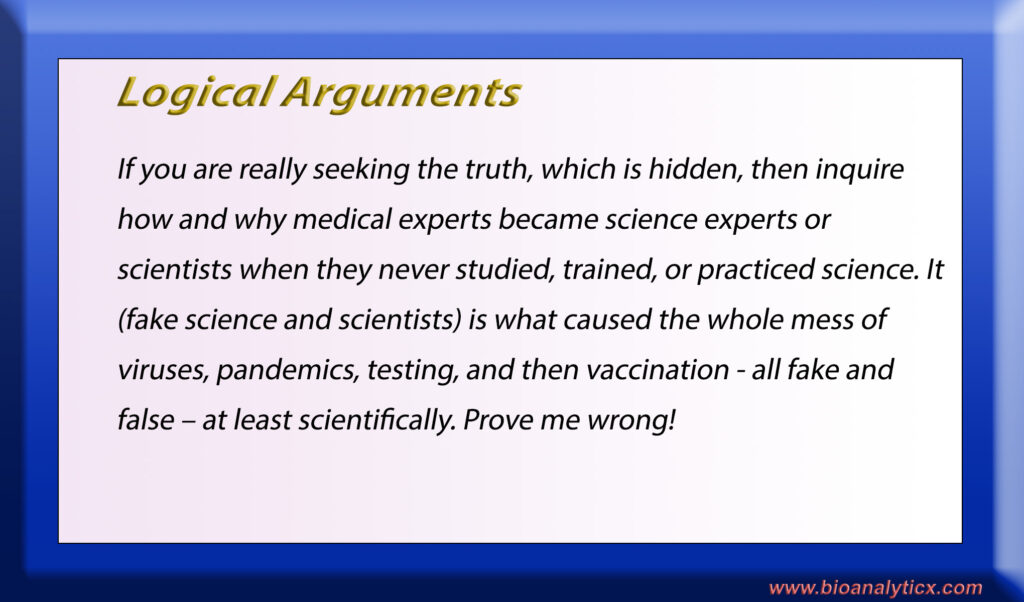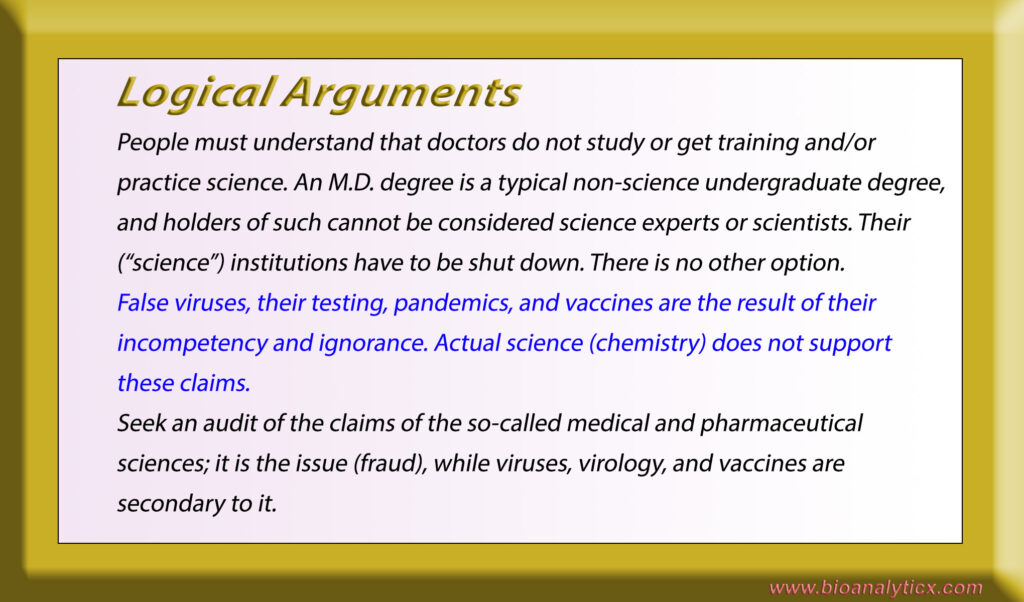From FB (link, ref. @Jason Pickels)
I agree with your undecidedness or perhaps confusion. The reason is that most narratives in the medical area (“science”) are based on biology, which is mistakenly considered science. In this regard, most claims are opinions or, at best, observations (social surveys), not scientific. Hence, people, in general, are suffering from “illnesses” because of misdiagnoses and mistreatments.
Vaccines and vaccinations are false treatments because they are treatments for viruses (a biological opinion or guess) that have not been shown to exist. So, treatment is not treating anything but ends up resulting in poor health because of side effects, in some cases extremely bad.
On the other hand, believing and promoting that germs are “friendly” and do not or cannot cause harm is also a biological opinion or guess, and not treating it as such is also a misdiagnosis leading to bad health and possibly death.
There is hope that these misdiagnoses could be addressed using actual science/chemistry, as the body is based on chemical molecules and reactions, physiology).
So, please do not be carried away with opinions and guesses; focus on actual science/chemistry and seek help from those who know actual science/chemistry. I do not pretend that learning and understanding science/chemistry will be easy. It is a challenging subject but doable with time and effort.
I have been writing about this topic for some time now. You can get help from my writing. If you have questions or require clarifications, I will happily address them as time allows.
Best of luck.
https://bioanalyticx.com/what-is-science-and-who-are-scientists/
https://bioanalyticx.com/my-training-and-expertise-people-ask/
https://bioanalyticx.com/biology-virology-immunology-medical-science-etc-cannot-be-considered-science-subjects/








